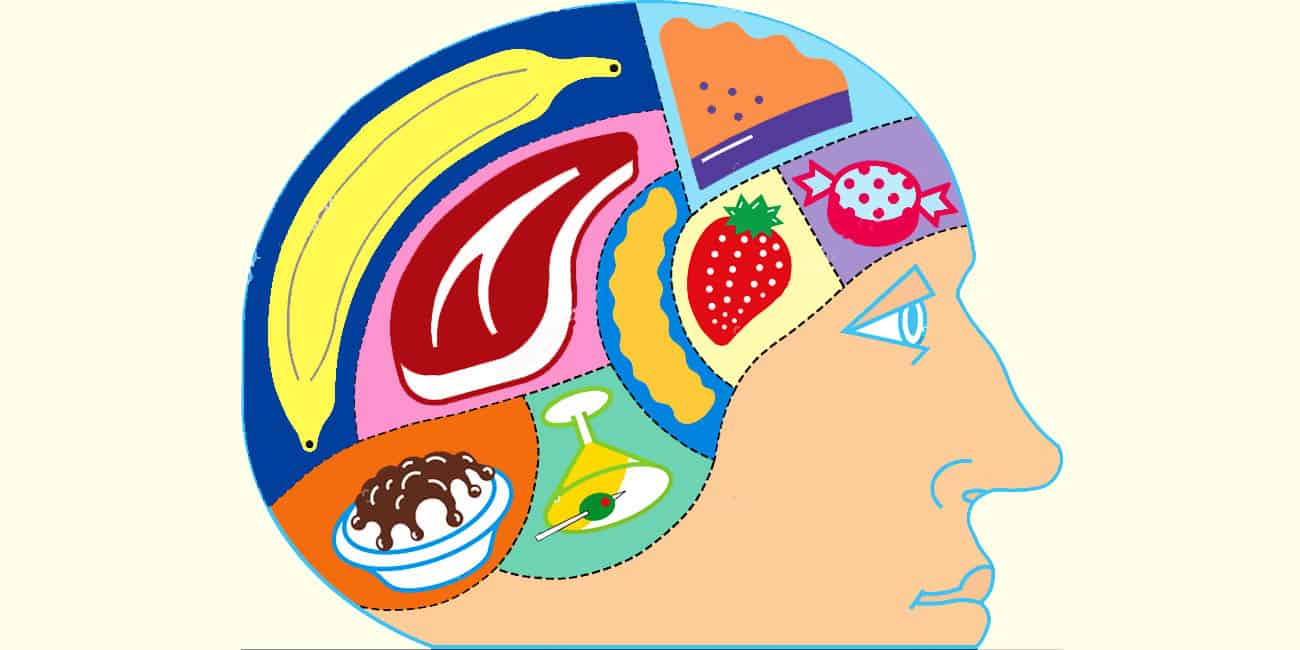
Binge eating disorder (BED) is a relatively new formally diagnosed eating disorder. Even though the official diagnosis is relatively new, the effects and incidence of BED have been around longer. Because of the newly official diagnosis in 2013, accurate statistics for how many people suffer specifically from BED is not well known.
However, some research (1) suggests in the US, UK and Europe around 3.5% of women and 2.0% of men may suffer from BED. This makes BED three times more common than anorexia and bulimia combined.
While there is no one specific cause for BED, there are several risk factors for eating disorders. There are serious side effects and symptoms that can occur with BED, so prevention and treatment are important components of controlling BED.
What is binge eating disorder?
Before 2013, BED was a subtype of diagnosis Eating Disorder Not Otherwise Specified (EDNOS). Now BED has its own specific diagnosis. BED is more than just over eating for a few meals.
It has specific criteria below:
Recurrent episodes of binge eating.
Binge eating can be classified as eating much larger amount of food than normal in a similar time period under similar circumstances. A binge eating episode usually occurs in a discrete way (hidden, by yourself, etc.) and is usually considered less than 2 hour episode.
An important distinction for BED is someone feels out of control during a binge period. Someone with BED feels out of control to stop eating or to control food intake.
Binge eating includes three or more of the following:
- Eating faster than normal
- Eating until you are uncomfortably full
- Binging when you are not physically hungry
- Eating alone while binging because feeling shame and embarrassment
- After a binge episode, there are feelings of guilt, shame and remorse.
Binge eating occurs at least once a week for 3 months.
BED doesn’t mean any and all food intake is out of control. BED includes cycles of binging, followed by remorse/shame and there may be normalized eating patterns in between binge episodes.
Binging while feeling out of control is a chronic cycle, more than just once.
Unlike bulimia, BED is does not include the use of purging (laxatives, vomiting, excessive exercise) after binging.
What are the causes of binge eating disorder?
While there is no one specific cause for BED, there are risk factors according to The Center for Eating Disorders at Sheppard Pratt (2) that can contribute to someone developing BED, or other eating disorders, that include the following.
Genetic factors
Family and twin studies suggest there are genetic factors that contribute to someone’s risk for an eating disorder, and eating disorders may be heritable. Some research suggests individuals that have a family relative with an eating disorder are 7-12 times more likely to also develop an eating disorder.
Stressful family situations may exacerbate the development of an eating disorder, but it is important to note parents of children with eating disorders are not to blame. There is no evidence that eating disorders occur from a specific parenting style or family dynamic.
Personality Traits
Certain personality traits, which can be heritable, can increase risk for developing an eating disorder including BED. Just because someone has these personality traits doesn’t mean they will develop an eating disorder. These traits are just more common in people with eating disorders.
- Obsessive thoughts
- Perfectionism
- Hypersensitivity or emotional instability
- Impulsivity
- Rigid thinking
- Difficulty handling emotional pain, poor positive coping skills
- Low self esteem
Biology
Some studies involving brain imaging suggest people with eating disorders may have altered brain circuitry. The differences in brain circuitry may contribute to why some people are more susceptible to developing an eating disorder.
Trauma
Physical or sexual abuse can sometimes trigger the development of an eating disorder. A trauma can lead to pronounced feelings of shame, guilt and feeling a lack of control.
Dieting
The Center for Eating Disorders at Sheppard Pratt suggests dieting is THE most common factor for developing an eating disorder.
Dieting may be the catalyst for developing an eating disorder for people who are already predisposed to developing an eating disorder. Instead of an emphasis on restrictive and fad dieting, an emphasis on healthy lifestyle, self love and intuitive eating are recommended.
Age
Although eating disorders can occur at any age, BED often occurs in late teen years or early 20’s.
Symptoms of binge eating disorder
Symptoms of BED include the criteria for diagnosis. In general, symptoms for BED include eating a very large amount of food in a short period of time, feeling out of control when eating, eating large amounts of food alone and feeling shame, guilt and remorse after binging.
Signs for BED in others (3) can include trying to hide food intake, storing up large quantities of food, weight fluctuations (although this is not always indicative in BED).
How to stop binge eating disorder
Treatment for BED should always include medical help. If you or a loved one suffer from BED, speak with your healthcare team for the best individualized treatment plan.
If needed, your healthcare team will refer you to an eating disorder specialist. People with BED can beat BED, but it may take time and effort.
Sessions with a licensed therapist specializing in BED may be helpful or group therapy. It is important to note dieting can increase risk for BED, so dieting, especially on your own, is not a recommended way to deal with BED.
Psychiatric issues that may be at the root of BED need to be dealt with in order for successful long term remission which includes help from mental health professionals.
Any treatment of an eating disorder should be from a multi-disciplinarian team including: medical, nutritional and psychological help.
If you know someone with BED, encourage them to speak with medical professionals and offer them your support.










